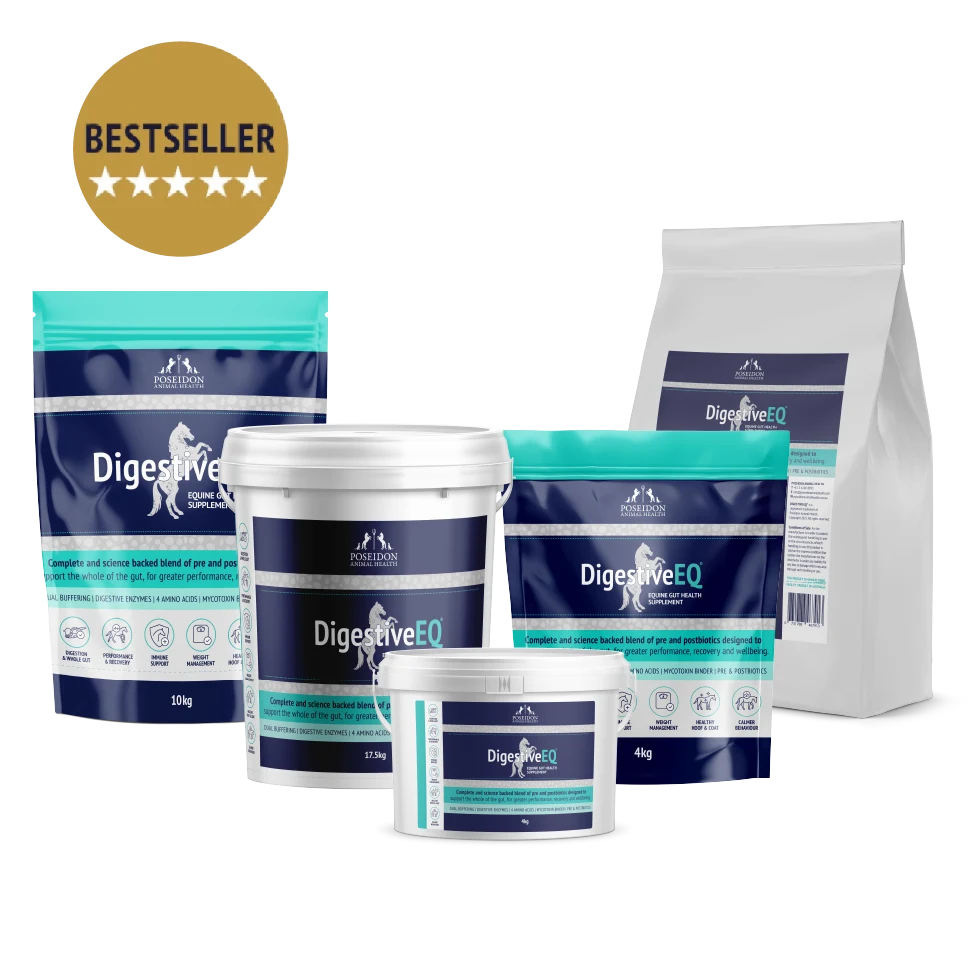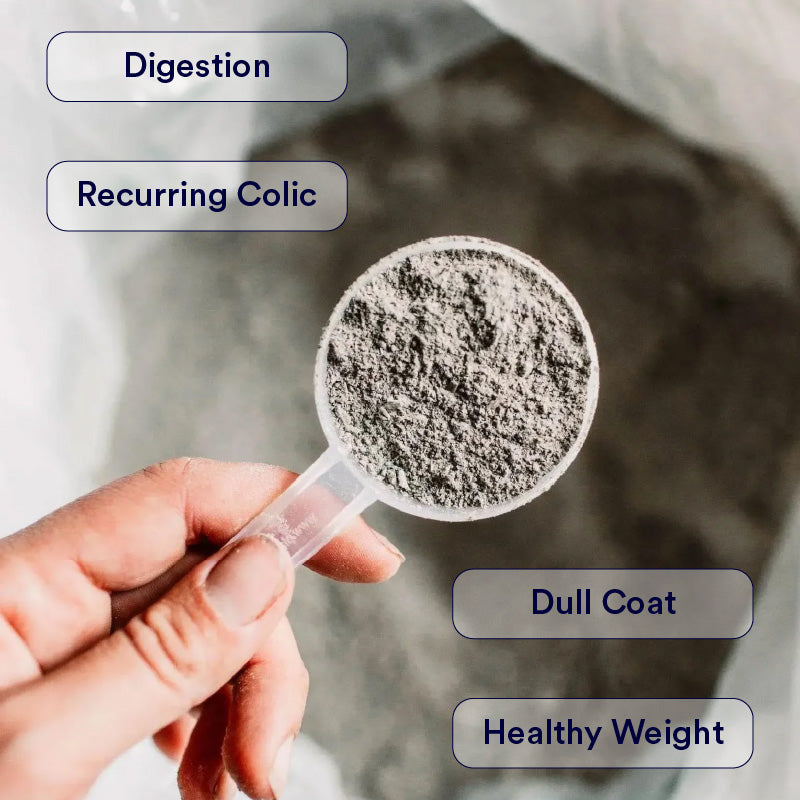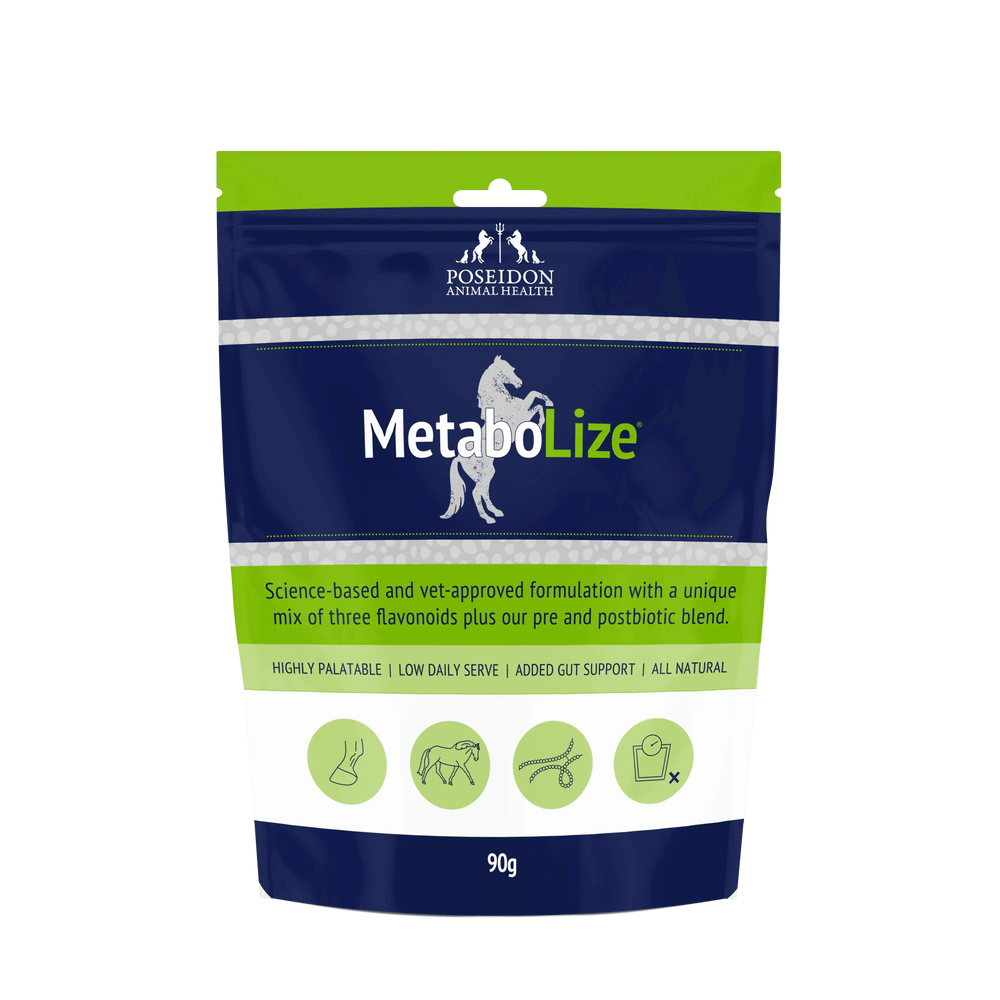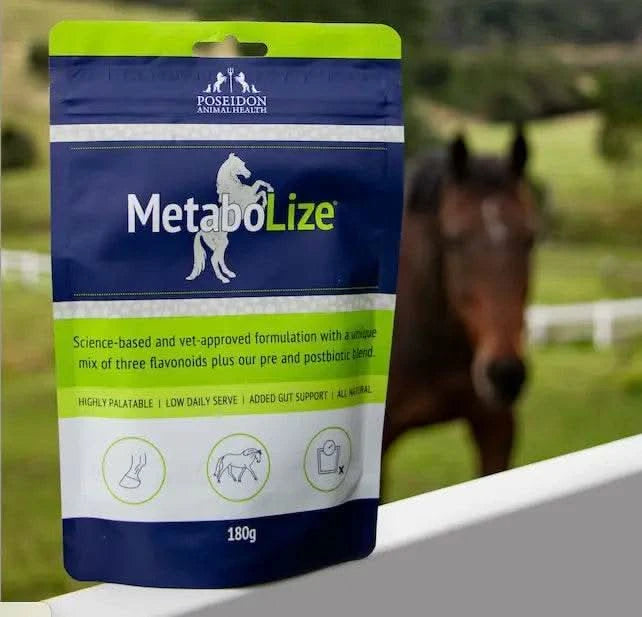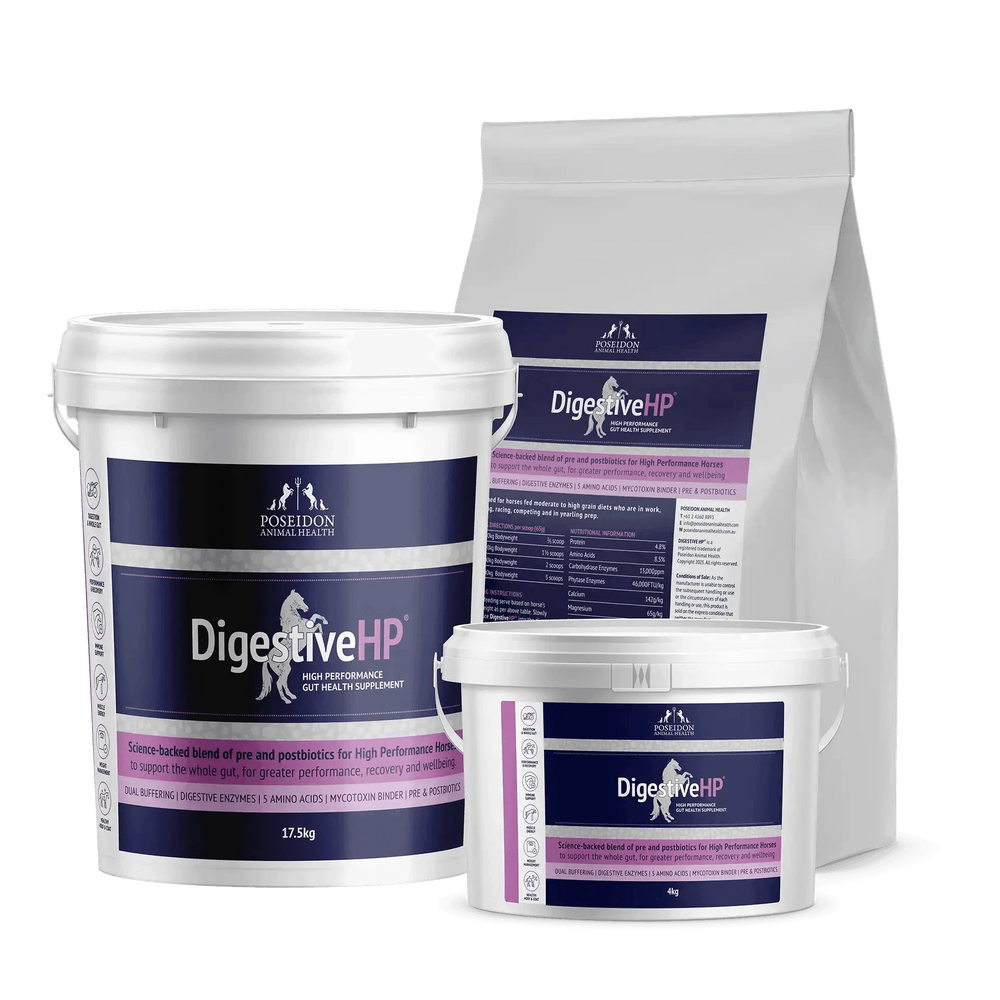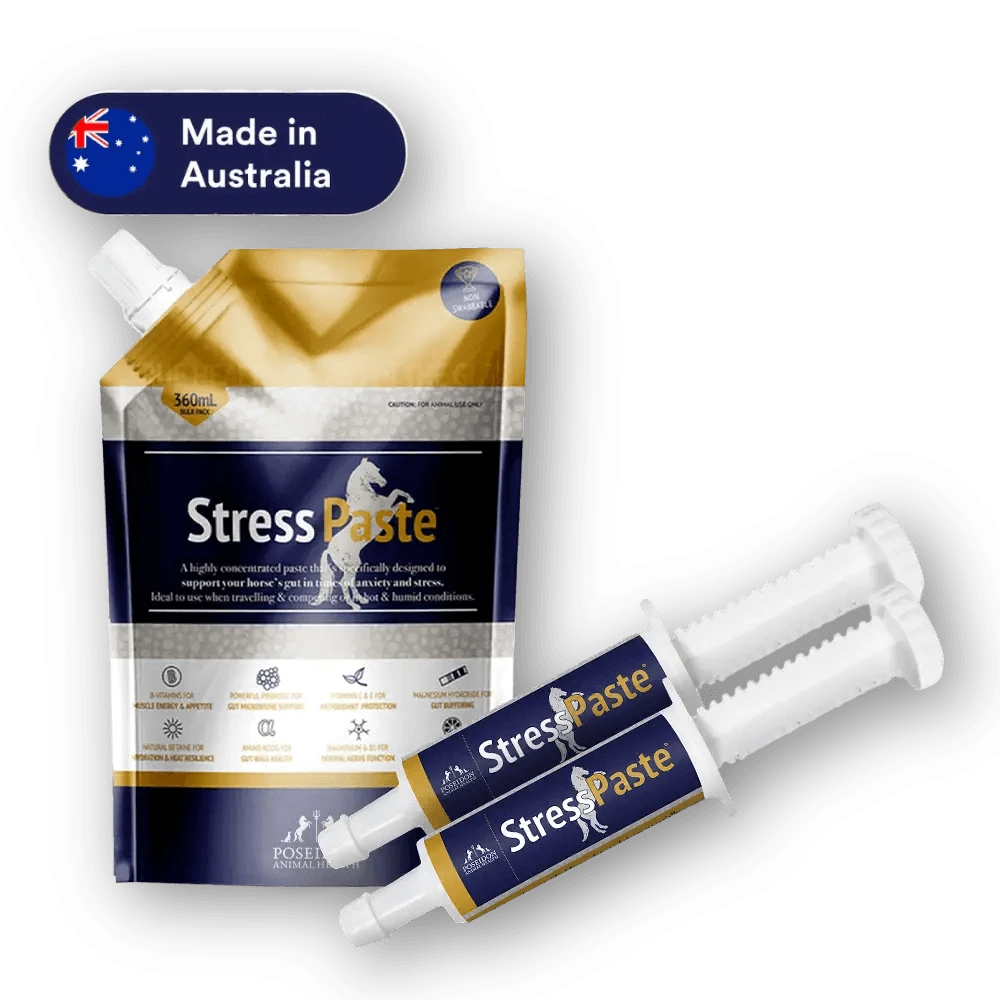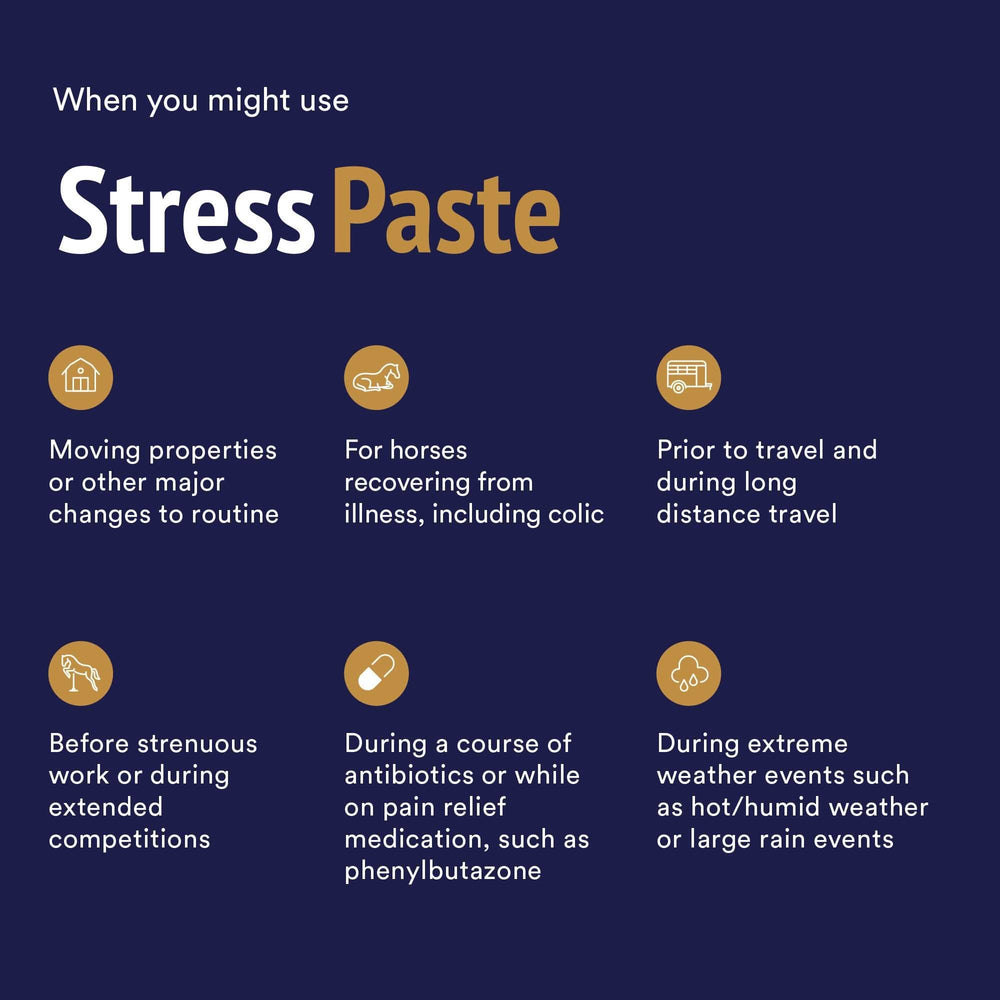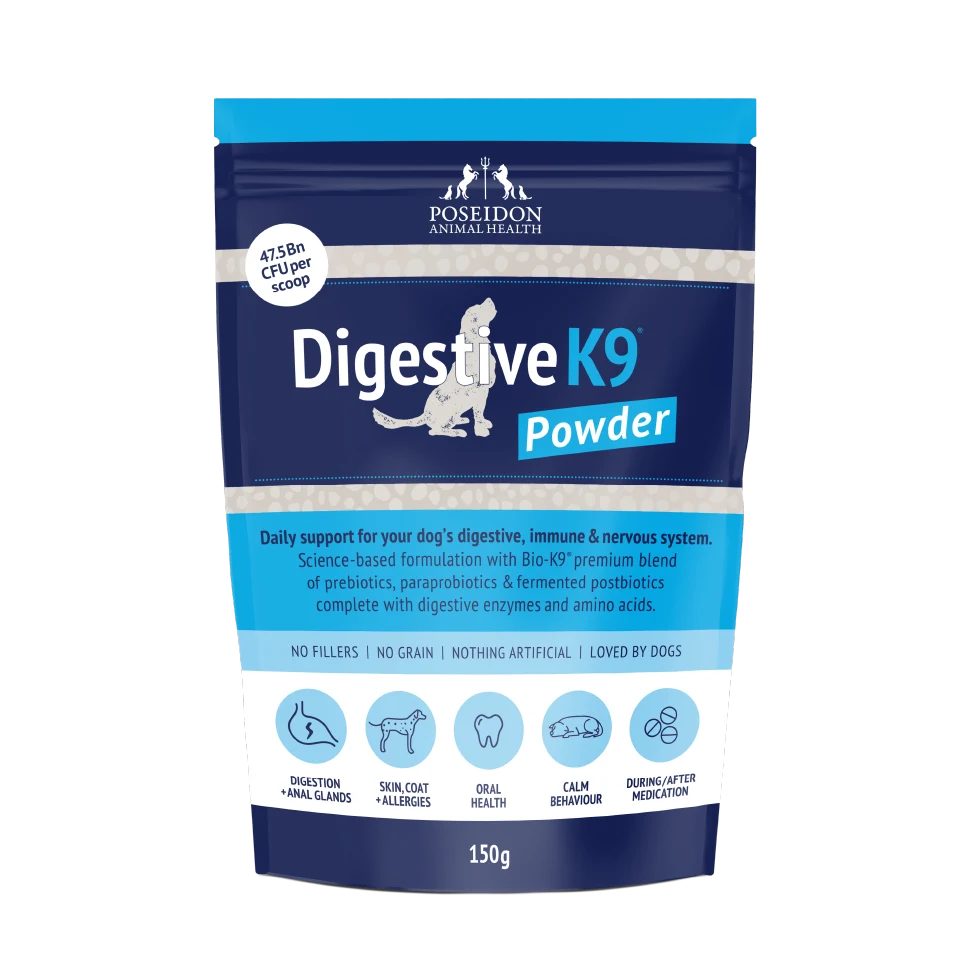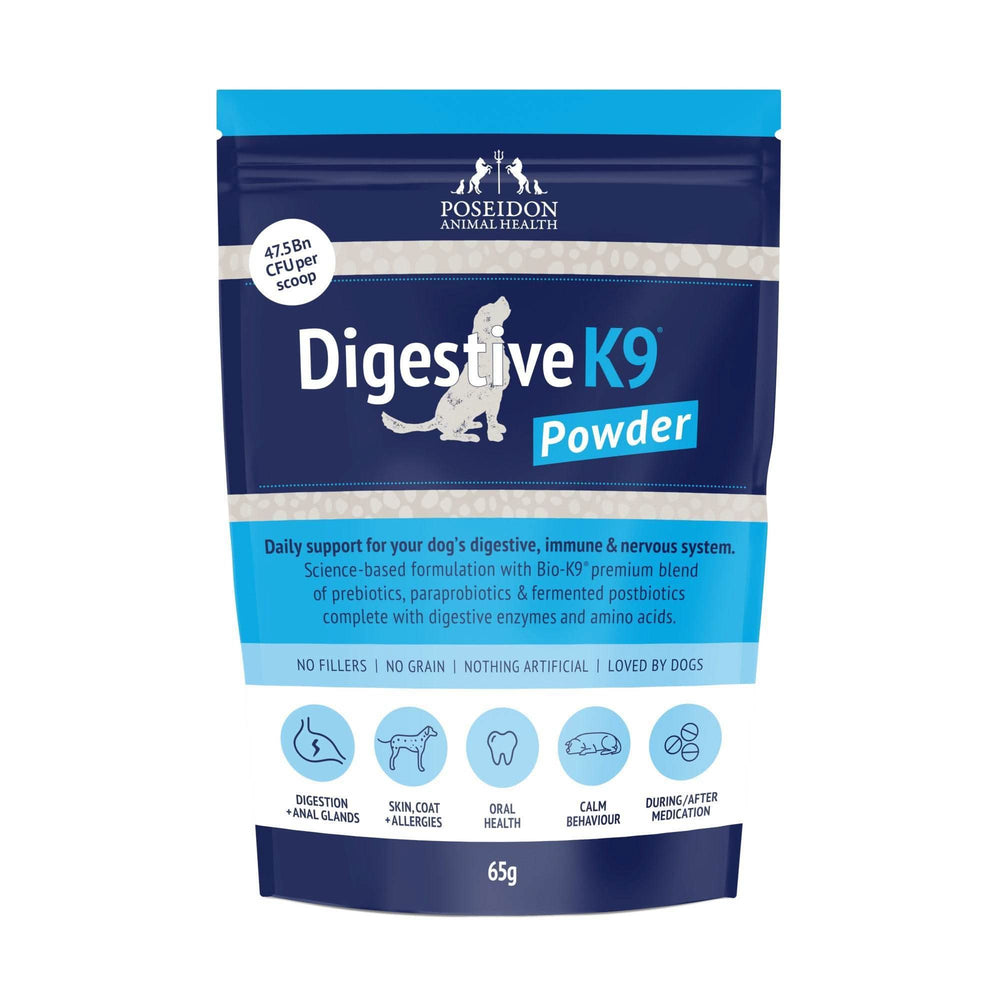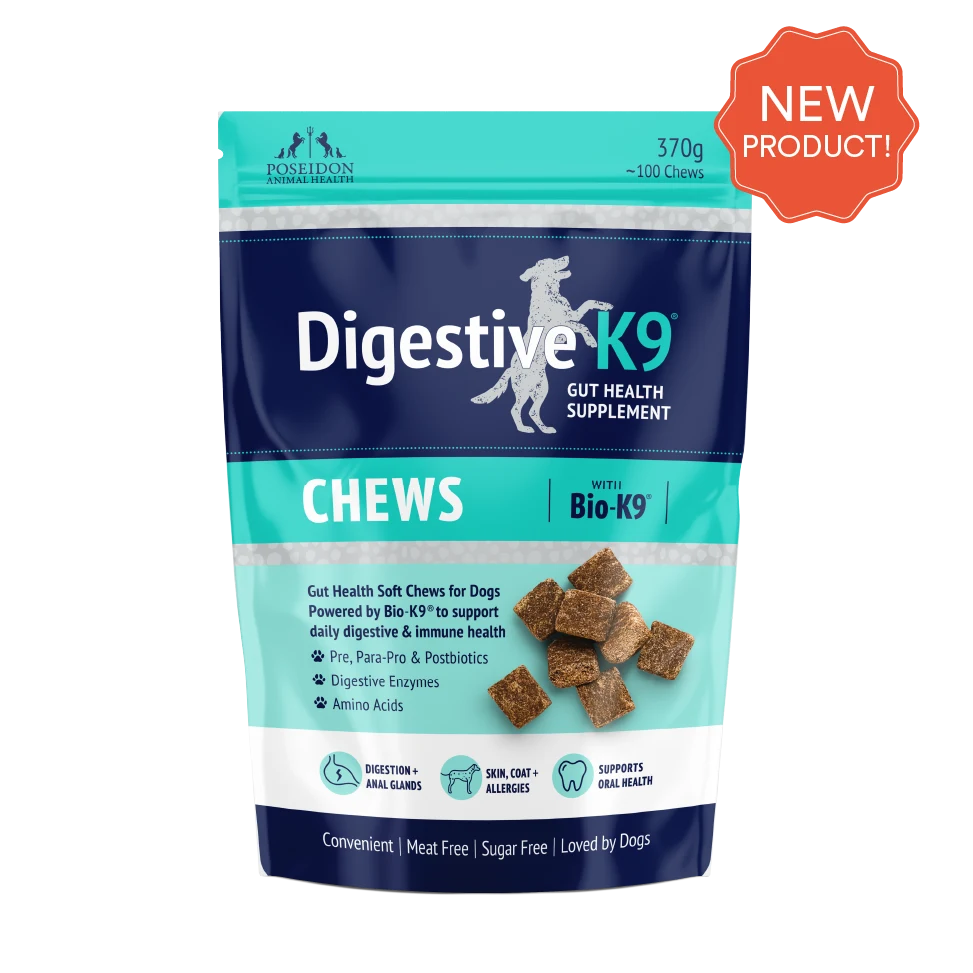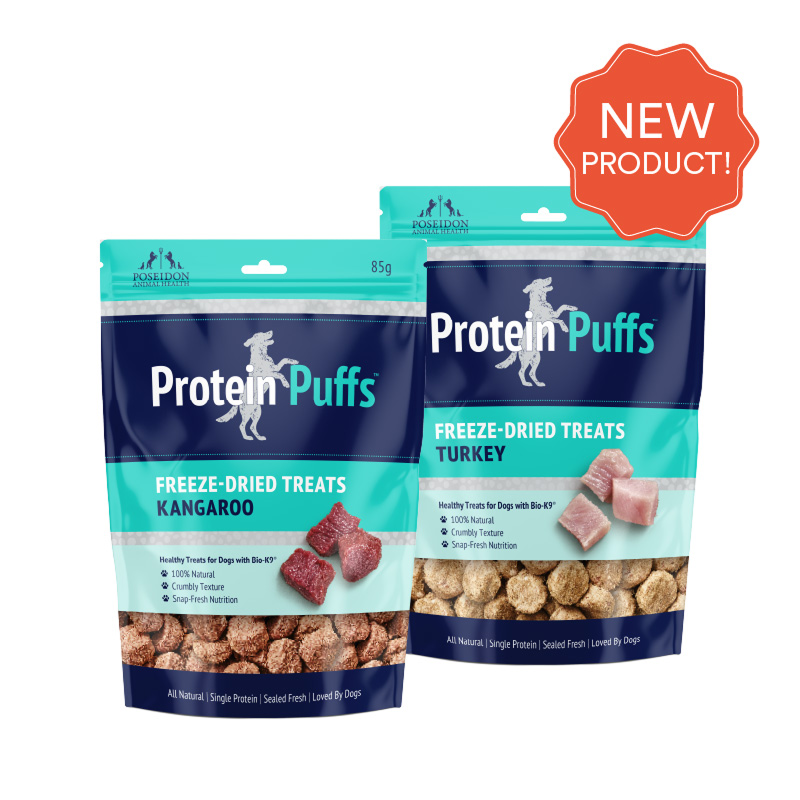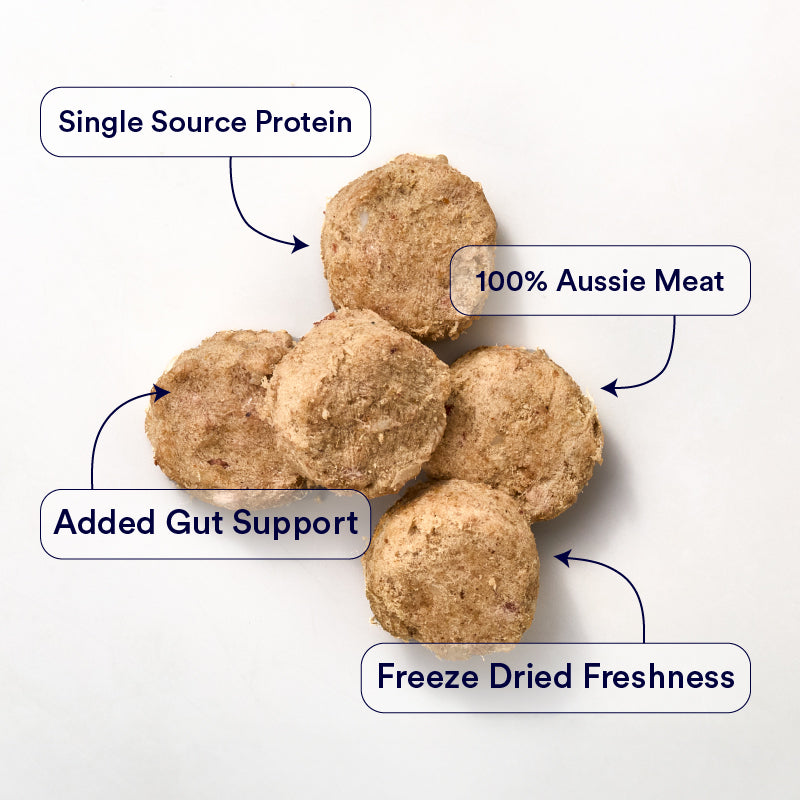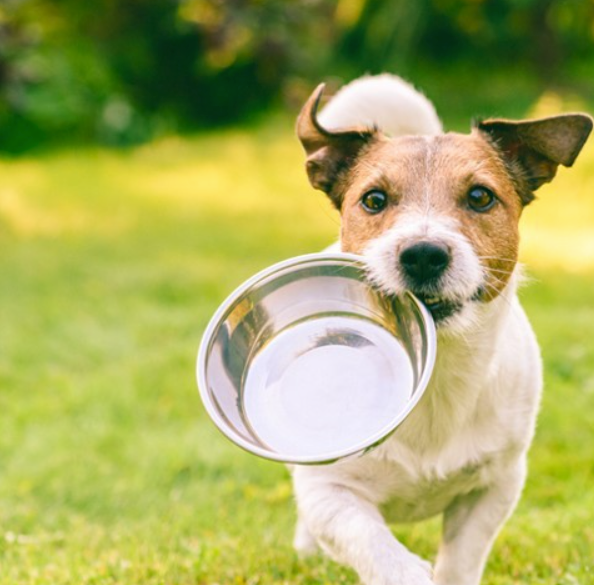
A fairly new concept for many dog owners, but one of the best kept secrets amongst show dogs, dog trainers and canine nutritionists — canine gut health and the importance of having a healthy digestive system is one of the easiest ways to support your dog’s overall health and happiness. You see, just like us humans, poor gut health can impact many aspects of your dog’s health and life. An unhappy gut in your dog can lead to common, yet frustrating ailments such as severe and chronic digestion issues, consistent and painful anal glands, skin problems like hot spots, canine anxiety and lethargy.
It All Starts With Good Guts
A dog houses a whopping 70% of its immune system just in their gut system alone. Trillions of microbiota travel through this system processing good and bad bacteria, toxins and nutrients daily. Due to this hive of activity, gut health can make or break a dog’s mood, health, and general wellbeing.
6 Tips for Good Gut Health in Dogs
1. Start with a good diet
Good gut health is underpinned by a healthy diet. Make sure your dog's diet is well balanced and contains plenty of good quality protein, a variety of veggies, and a diet that’s fairly low in carbohydrates.
2. Gut friendly foods for dogs
Probiotic and prebiotic foods that introduce your dog to good gut bacteria can assist in optimal gut health. Some foods that are good for your dog’s gut health are; yoghurt, fermented vegetables and kefir.
3. Play, sniff, sleep.
Dogs need plenty of rest, play and stimulation. It’s very common for dogs to sleep around 14 hours per day but they also need plenty of exercise and stimulation too. It’s recommended to have a daily exercise routine with additional time for lots of sniffs (stopping to smell their environment). This routine helps them (and you) get the most out of their day to promote a healthy gut.
4. Avoid over-medicating
There are times when pharmaceutical drugs are necessary, but they (especially antibiotics) can have an adverse effect on your dog's gut microbiota and can cause a negative shift in the microbiome. If it’s an option*, avoid medicating your dog more than absolutely necessary. *as always consult your vet on all medical decisions relating to your dog and their health.
5. Only worm your dog when you need to
Intestinal worms and parasite infestations are damaging to your dog's health and must be dealt with and prevented, but as with all medications and additives in your dog’s diet, be aware that many conventional worm treatments can be harsh to your dog's gut health.
Regular faecal testing (faecal egg counts) can be carried out by your vet to check the parasite stams of your dog, this ensures your dog is only wormed when they need to be - which is much kinder on their gut.
6. Healthy Gut. Happy Dog.
A trip to the vet is always the first step to rule out any major problems but knowing that you can help your dog in between visits with these simple gut health tips is one way to avoid multiple (and expensive) trips to the vet, additional prescription diets, and long-term medication regimes.
To find out more about how gut health can help your dog live it’s best life, this mini-ebook from Poseidon Canine (leaders in dog gut health, digestion and producers of Digestive K9) aims to show you how your dog's gut health can affect a wide range of issues and ailments that can be minimised (and sometimes prevented) with a holistic approach to gut health.
*As always, your first (and most important) step when you’re concerned about your dog’s health is to get a quick check-up with your vet, but looking into your dog’s overall gut health and how you can improve it is easy.

